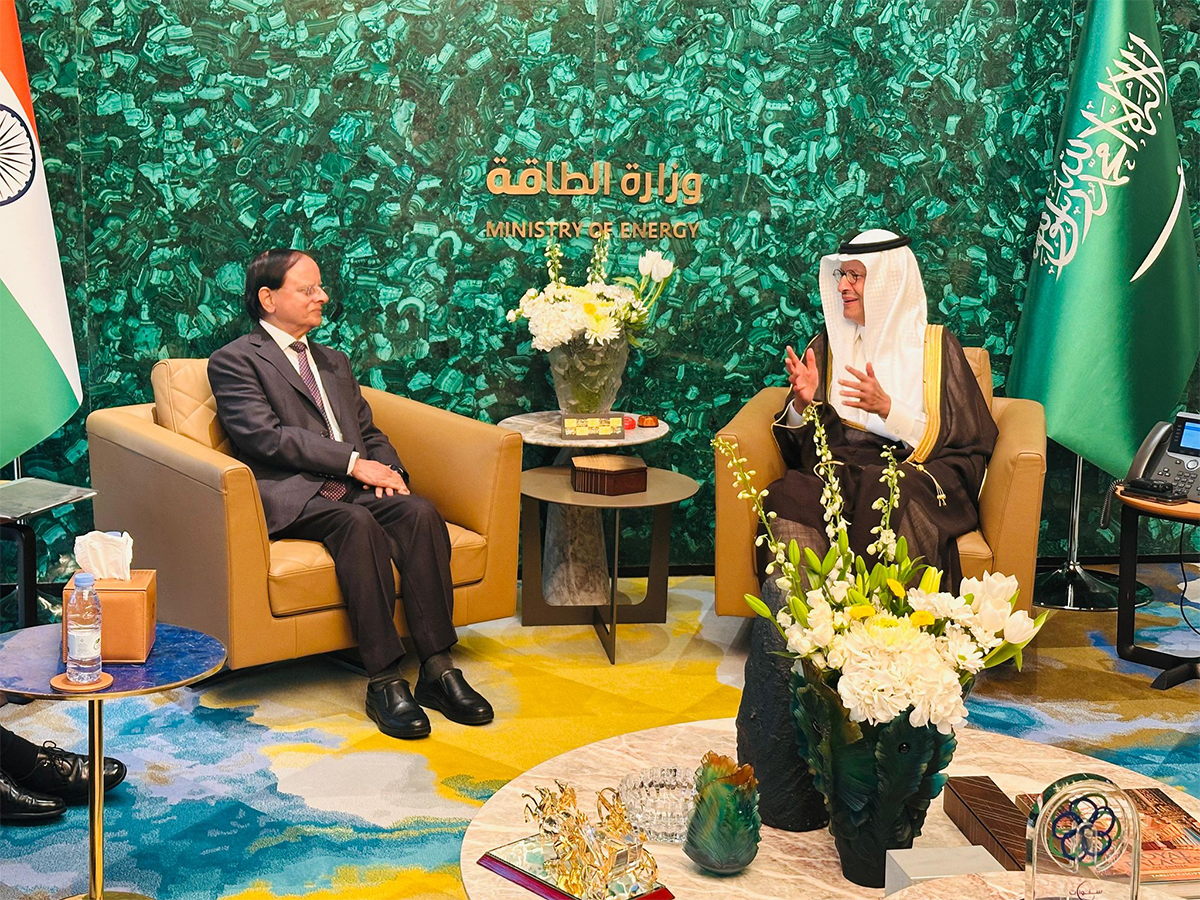
On Earth Day, UAE strengthens global leadership in environmental protection
Apr 21, 2025
Abu Dhabi [UAE], April 22 (ANI/WAM): The United Arab Emirates continues to cement its global leadership in environmental sustainability through a wide range of impactful initiatives, reflecting its long-standing commitment to protecting the environment and advancing sustainable solutions.
As the world marks Earth Day on 22nd April with renewed calls for climate action and environmental preservation, the UAE's policies and projects - from renewable energy and recycling to sustainable water desalination, afforestation, and clean transport - embody the essence of the day's message and pave the way toward a greener future.
The country's major renewable energy projects, particularly in solar energy, are at the forefront of global adoption of clean energy. Masdar, a key national player, has developed several landmark projects including Shams, the first concentrated solar power plant in the region.
The Mohammed bin Rashid Al Maktoum Solar Park, developed by Dubai Electricity and Water Authority (DEWA), is the world's largest single-site solar park implemented under the Independent Power Producer (IPP) model. DEWA reported that by the end of last year, 17.8 percent of its total installed capacity came from clean energy sources.
In parallel, the Emirates Nuclear Energy Corporation (ENEC) has achieved exceptional milestones over the past decade, reinforcing the UAE's leadership in the global clean energy transition and its goal of achieving climate neutrality by 2050.
In the area of recycling, the UAE has promoted waste reduction and diversion from landfills, including pioneering efforts in e-waste recycling. The UAE Circular Economy Policy 2021-2031 serves as a comprehensive framework to ensure sustainable resource management and effective utilisation of natural resources.
Municipalities across the UAE play a vital role in mainstreaming circular economy practices through initiatives such as smart plastic bottle collection bins and designated recycling centres. Dubai Waste Management Centre supports the emirate's plan to reduce landfill waste and generate clean energy through waste-to-energy solutions.
Environmental services company Bee'ah has also played a leading role in tackling key challenges such as diverting waste from landfills and supporting the circular economy, helping institutions achieve sustainability goals.
The UAE has also become a model for financing environmental initiatives, ranking first in the region and second globally in terms of outstanding sustainability sukuk.
In marine conservation, the UAE has launched ambitious initiatives such as "Dubai Reef," the world's largest marine reef development project.
In sustainable transport, the UAE has made significant progress by expanding clean public transportation options and promoting electric vehicle adoption. In Dubai alone, public transport ridership reached 747 million in 2024, with Dubai Metro accounting for 37 percent of that total.
Ahmed Baghoum, Chief Executive Officer of Masdar City, said Earth Day reflects the UAE's commitment to environmental progress through innovation and collaboration.
He highlighted that public-private partnerships demonstrate the UAE's dedication to tackling global environmental challenges, citing specialised clusters such as the smart and autonomous vehicle industry cluster and the Food and Water Security Innovation Cluster.
For his part, Saif Humaid Al Falasi, CEO of ENOC Group, said, "Inspired by the UAE's firm commitment to environmental sustainability and its bold goal of achieving climate neutrality by 2050, we believe that energy conservation is essential to preserving our environment and ensuring a sustainable future."
He reaffirmed the group's dedication to raising awareness on energy preservation and contributing strategically to the UAE's vision of a low-carbon economy and a healthier planet for future generations. (ANI/WAM)























